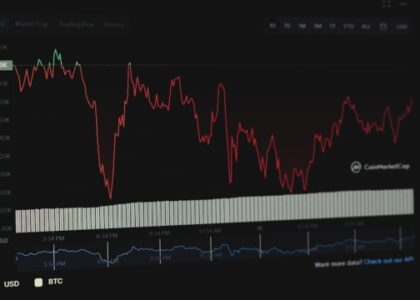
Fish farming, also known as aquaculture, plays a significant role in global food production, providing a substantial source of protein for millions of people worldwide. As the demand for seafood continues to rise, fish farming has become an essential method for meeting this need. However, it is crucial to consider the fish farming environmental impact, as this practice can have both positive and negative effects on local ecosystems.
Ecological Effects of Fish Farming
One of the primary concerns regarding fish farming is its ecological effects on local environments. Fish farms can contribute to water pollution through the discharge of waste, uneaten feed, and chemicals used for disease management. This pollution can lead to nutrient overloading in nearby water bodies, causing harmful algal blooms that deplete oxygen levels and disrupt aquatic life. Moreover, the introduction of non-native fish species into local waters can threaten indigenous species. Escaped farmed fish may compete with wild populations for resources, potentially leading to declines in native fish stocks. Additionally, the alteration of natural habitats to create fish farms can result in habitat destruction, impacting not only fish but also other wildlife that relies on these ecosystems.
Sustainability Practices in Fish Farming
In response to the challenges posed by fish farming environmental impact, many industry stakeholders are adopting sustainability practices. These practices aim to minimize negative effects while promoting fish farming’s viability as a food source. Best management practices include:
– Integrated Multi-Trophic Aquaculture (IMTA): This approach involves farming multiple species together, where the waste produced by one species serves as a nutrient source for another. For example, fish can be farmed alongside shellfish and seaweeds, which help clean the water and enhance overall productivity. – Recirculating Aquaculture Systems (RAS): These systems recycle water in a controlled environment, significantly reducing water usage and minimizing the risk of pollution. By keeping fish in tanks with filtered water. RAS can mitigate the environmental impact associated with traditional fish farming. – Sustainable Feed Sources: The development of alternative feed options, such as plant-based proteins or by-products from other industries, can lessen the reliance on fishmeal and fish oil. This shift can help alleviate pressure on wild fish populations and promote a more sustainable feed supply.
Innovative Solutions to Mitigate Environmental Impacts
The fish farming industry is continually exploring innovative solutions to address environmental concerns. Research and development in aquaculture technology are leading to practices that further reduce ecological footprints. Examples include:
– Genetic Selection: Breeding programs focus on selecting fish that grow faster and require less feed, resulting in lower resource consumption and waste production. This genetic improvement can enhance the sustainability of fish farming operations. – Environmental Monitoring Technologies: The use of sensors and data analytics allows for real-time monitoring of water quality and fish health. This technology helps farmers make informed decisions that can reduce environmental impacts while improving productivity. – Aquaponics: This integrated system combines fish farming with hydroponics, where plants grow in water enriched by fish waste. This method maximizes resource efficiency and minimizes environmental impact while producing both fish and vegetables.
Conclusion
The fish farming environmental impact is a complex issue that requires careful consideration of both benefits and challenges. By understanding the ecological effects of fish farming, adopting sustainable practices, and embracing innovative solutions, the industry can work towards a more environmentally responsible future. As consumers, it is essential to support practices that prioritize sustainability and the health of our ecosystems. For more information on sustainable fish farming practices, visit [Wolize](https://www.wolize.com).
| Impact Type | Details |
|---|---|
| Water Pollution | Discharge of waste and chemicals |
| Habitat Destruction | Alteration of natural ecosystems |
| Species Competition | Escaped farmed fish affecting native species |
| Sustainability Practices | IMTA, RAS, sustainable feeds |
By focusing on these fundamental aspects of fish farming, stakeholders can work together to ensure that aquaculture remains a viable and environmentally sound food production method for generations to come.






